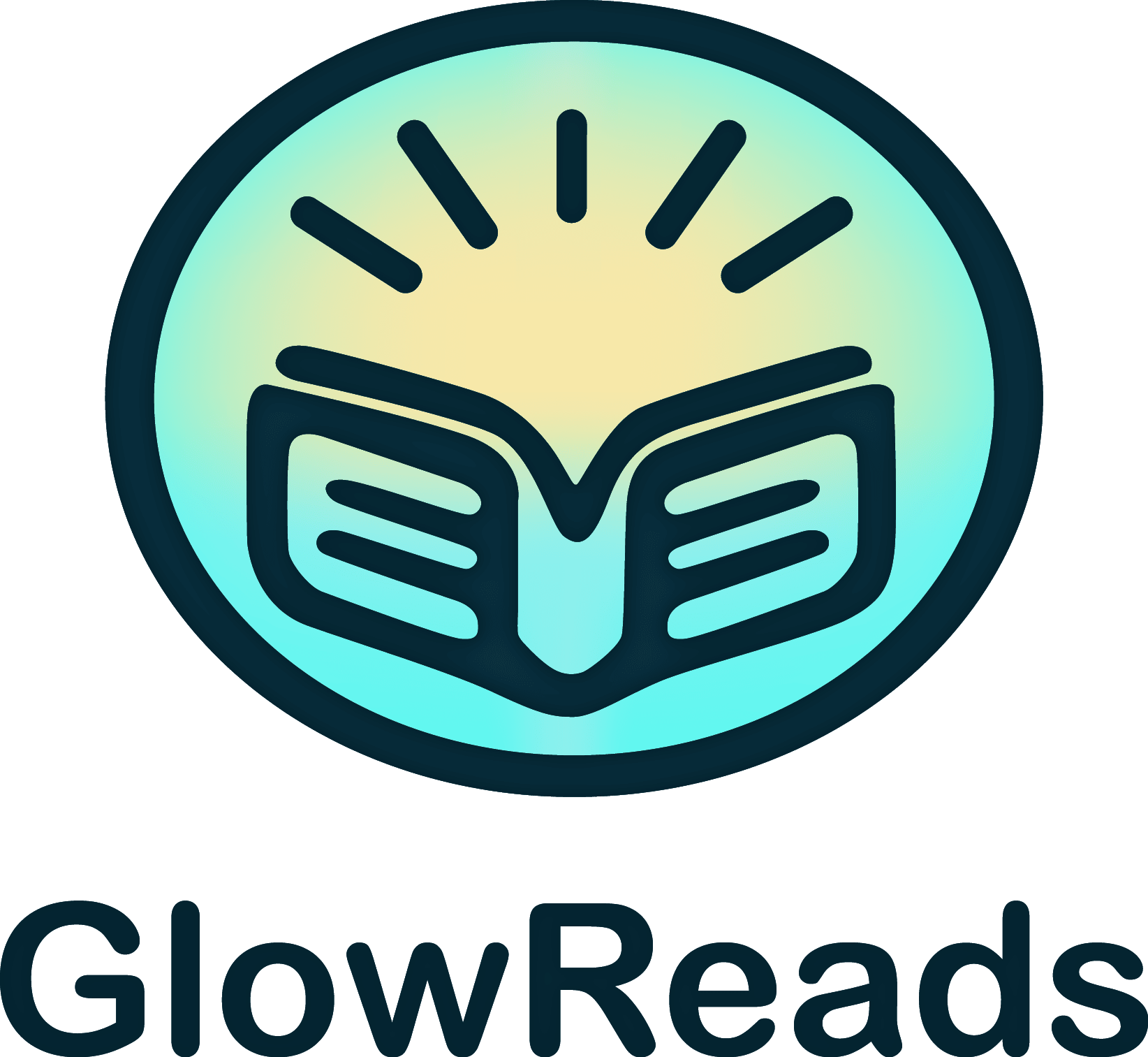Introduction: Dystopian fiction offers readers a glimpse into dark and often unsettling futures, where societies are plagued by oppression, control, and dehumanization. These narratives explore themes of power, resistance, and the consequences of societal choices, challenging readers to reflect on the present and consider the potential trajectories of our world. By engaging with dystopian fiction, readers can gain a deeper understanding of the dangers of totalitarianism, environmental degradation, and technological overreach. Here, we highlight ten iconic dystopian fiction books that have captivated readers and earned critical acclaim.
Key Characteristics of Dystopian Fiction Books: Dystopian fiction books are characterized by their depiction of dark and oppressive futures, often involving themes of totalitarian control, dehumanization, environmental degradation, and technological overreach. These novels blend speculative storytelling with social and political commentary, creating rich and immersive narratives that challenge readers to reflect on the present and consider the potential consequences of societal choices. Dystopian fiction explores themes such as power, resistance, freedom, and the human spirit, providing both entertainment and intellectual stimulation. The genre employs narrative techniques such as detailed world-building, complex characters, and thought-provoking scenarios to create a sense of urgency and reflection.
Iconic Dystopian Fiction Books:
- “1984” by George Orwell: A seminal work of dystopian fiction that explores themes of totalitarianism, surveillance, and the manipulation of truth. Orwell’s vivid portrayal of a dystopian society under constant surveillance by Big Brother has made “1984” a timeless and thought-provoking read, resonating with readers across generations.
- “Brave New World” by Aldous Huxley: A dystopian novel set in a future society where technology and conditioning control every aspect of life. Huxley’s exploration of themes such as individuality, freedom, and the impact of technology on society have made “Brave New World” a timeless and thought-provoking read.
- “The Handmaid’s Tale” by Margaret Atwood: A chilling dystopian novel set in the theocratic and oppressive society of Gilead, where women’s rights are severely restricted. Atwood’s exploration of themes such as gender, power, and resistance has earned it critical acclaim and a lasting place in the genre.
- “Fahrenheit 451” by Ray Bradbury: A dystopian novel set in a future society where books are banned and “firemen” burn them. Bradbury’s exploration of themes such as censorship, conformity, and the power of literature have made “Fahrenheit 451” a timeless classic and a powerful cautionary tale.
- “The Road” by Cormac McCarthy: A bleak and haunting dystopian novel that follows a father and son as they navigate a desolate, post-apocalyptic landscape. McCarthy’s exploration of themes such as survival, hope, and the human spirit have earned it critical acclaim and a lasting place in the genre.
- “The Hunger Games” by Suzanne Collins: A gripping dystopian novel set in a future society where children are forced to participate in a deadly televised competition. Collins’s exploration of themes such as power, resistance, and the impact of violence on society have made “The Hunger Games” a standout in the genre.
- “We” by Yevgeny Zamyatin: A pioneering work of dystopian fiction that explores themes of totalitarianism, individuality, and the conflict between freedom and control. Zamyatin’s vivid portrayal of a dystopian society and its critique of authoritarianism have made “We” a significant and influential work in the genre.
- “The Giver” by Lois Lowry: A thought-provoking dystopian novel set in a seemingly perfect society where emotions and memories are controlled. Lowry’s exploration of themes such as individuality, freedom, and the importance of memory have made “The Giver” a timeless and thought-provoking read.
- “Never Let Me Go” by Kazuo Ishiguro: A haunting dystopian novel set in a future society where clones are created for organ harvesting. Ishiguro’s exploration of themes such as identity, humanity, and the ethics of scientific advancement have earned it critical acclaim and a lasting place in the genre.
- “A Clockwork Orange” by Anthony Burgess: A disturbing dystopian novel that explores themes of free will, violence, and the nature of evil. Burgess’s exploration of the conflict between individual freedom and societal control, along with its unique linguistic style, have made “A Clockwork Orange” a significant and influential work in the genre.
Conclusion: Iconic dystopian fiction books offer readers a glimpse into dark and unsettling futures, exploring themes of power, resistance, and the consequences of societal choices. By engaging with these compelling narratives, readers can gain a deeper understanding of the dangers of totalitarianism, environmental degradation, and technological overreach. These iconic dystopian fiction books continue to captivate readers with their masterful storytelling and thought-provoking themes, making them essential reading for anyone interested in the genre.
